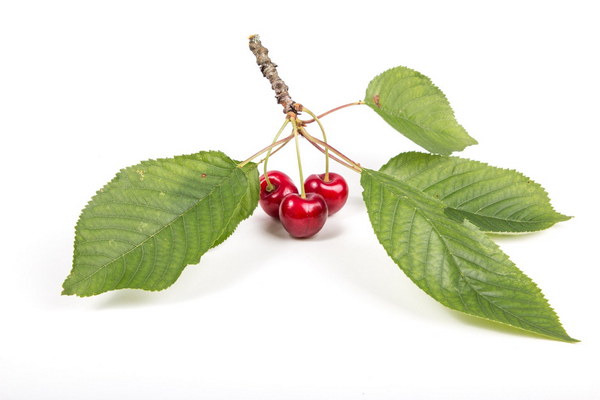The Truth Behind Traditional Chinese Herbs Does Tea Really Nourish the Kidneys
In the realm of traditional Chinese medicine (TCM), the concept of nourishing the kidneys holds a significant place. One of the most popular methods of achieving this is through the consumption of medicinal teas. But does this ancient practice actually work? Let's delve into the world of kidney-nourishing teas and find out whether they are a true elixir for health.
The kidneys, in TCM, are considered the root of life and are responsible for various functions, including maintaining the balance of body fluids, supporting sexual health, and promoting longevity. It is believed that the kidneys are prone to depletion, especially due to factors like stress, aging, and poor lifestyle choices. Thus, kidney-nourishing teas have been used for centuries to replenish and strengthen the kidneys.
One of the most popular kidney-nourishing teas is He Shou Wu, also known as the black hair vine. This herb is believed to have powerful rejuvenating properties, especially for the kidneys. It is often combined with other herbs like Goji berries, Cordyceps, and Chinese wolfberry to create a potent mixture. Let's explore the benefits and mechanisms behind these ingredients.
1. He Shou Wu: This herb is believed to promote hair growth, improve fertility, and enhance kidney function. Its rejuvenating properties are attributed to the presence of compounds like resveratrol and polyphenols, which have antioxidant and anti-inflammatory effects. These compounds help in protecting the kidneys from oxidative stress and damage caused by free radicals.
2. Goji Berries: Also known as the Jewel of the Desert, Goji berries are packed with antioxidants, vitamins, and minerals. They are believed to improve kidney function, enhance immune system, and support overall health. The presence of polysaccharides in Goji berries helps in nourishing the kidneys and promoting longevity.
3. Cordyceps: This is a type of mushroom that has been used in TCM for centuries. It is believed to boost the immune system, improve sexual function, and enhance kidney energy. Cordyceps contains compounds like cordycepin and cordyceps acid, which have been shown to have anti-inflammatory and antioxidant properties.
4. Chinese Wolfberry: This herb, also known as Lycium barbarum, is rich in antioxidants and has been used for centuries in TCM to nourish the kidneys. It is believed to improve vision, support the immune system, and enhance fertility. The antioxidants in Chinese wolfberry help in protecting the kidneys from oxidative stress and damage.

While these herbs have been used traditionally to nourish the kidneys, scientific research on their efficacy is still limited. However, some studies have shown promising results. For instance, a study published in the Journal of Ethnopharmacology found that He Shou Wu extract improved kidney function and protected against kidney damage in rats.
In conclusion, kidney-nourishing teas, particularly those containing ingredients like He Shou Wu, Goji berries, Cordyceps, and Chinese wolfberry, may have potential benefits for kidney health. However, it is important to consult with a healthcare professional before starting any new supplement or treatment, especially if you have underlying health conditions or are taking other medications.
While traditional Chinese medicine offers a unique perspective on kidney health, it is crucial to combine these practices with a healthy lifestyle, proper diet, and regular exercise for optimal results. So, the next time you sip on a kidney-nourishing tea, remember that it is not just a cup of hot water but a blend of ancient wisdom and modern research, aimed at promoting a healthier you.









